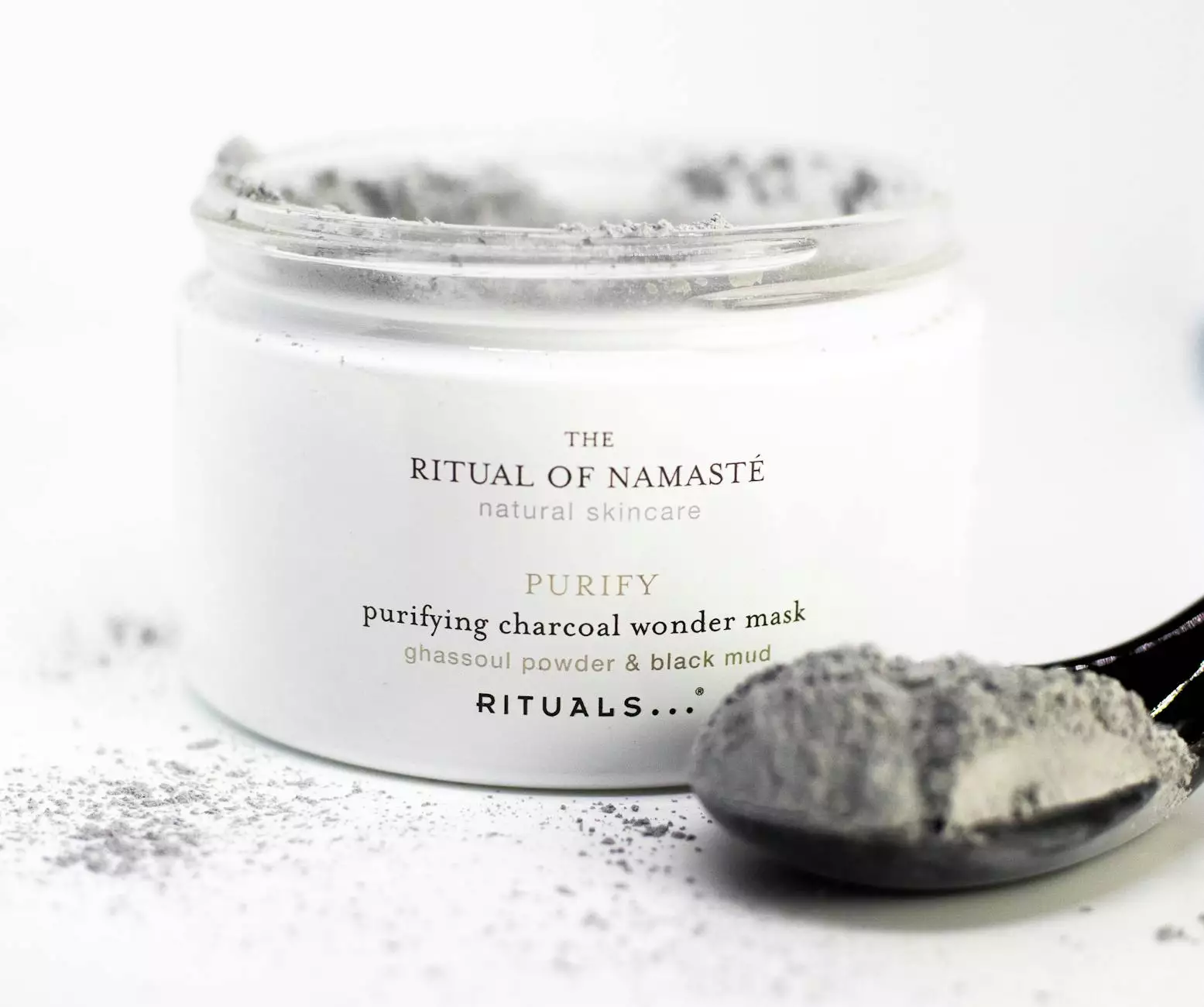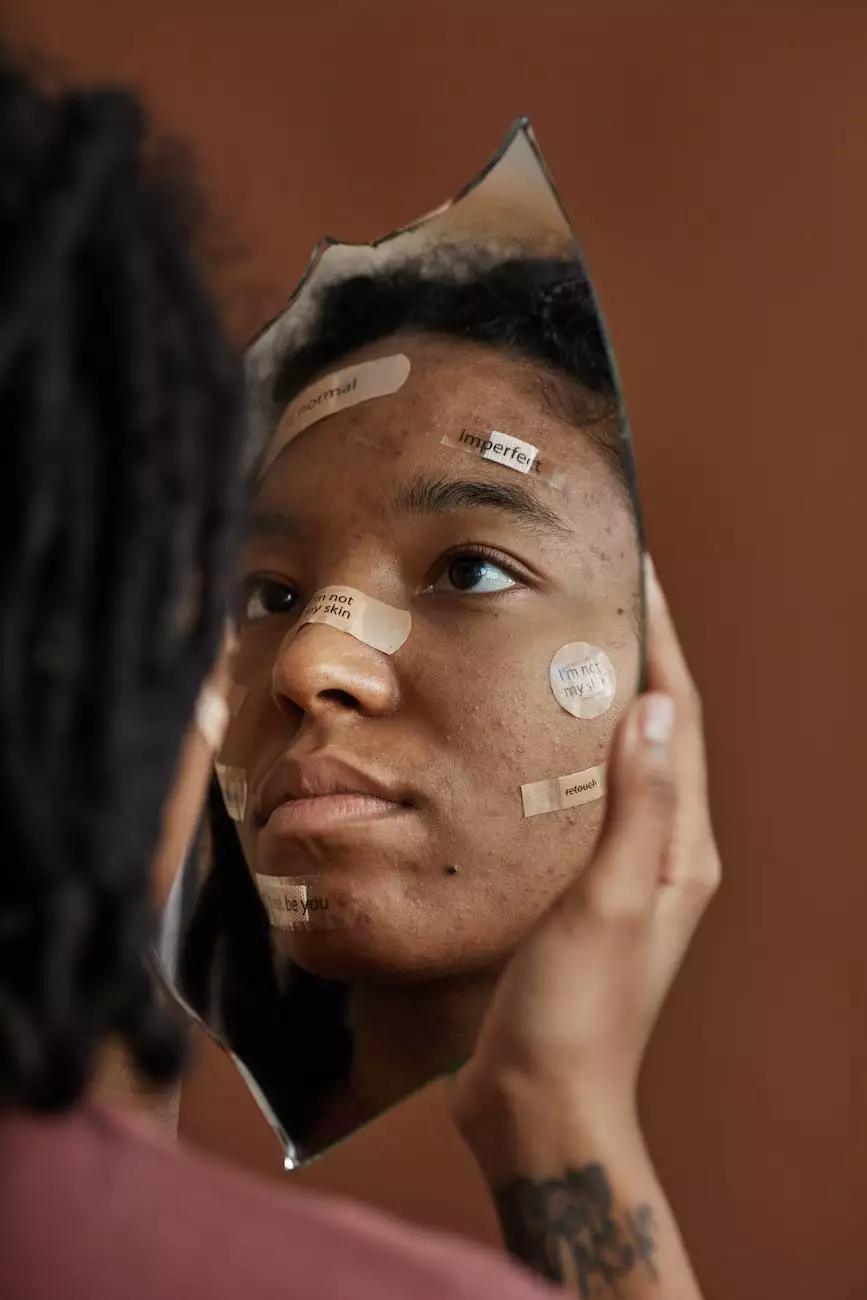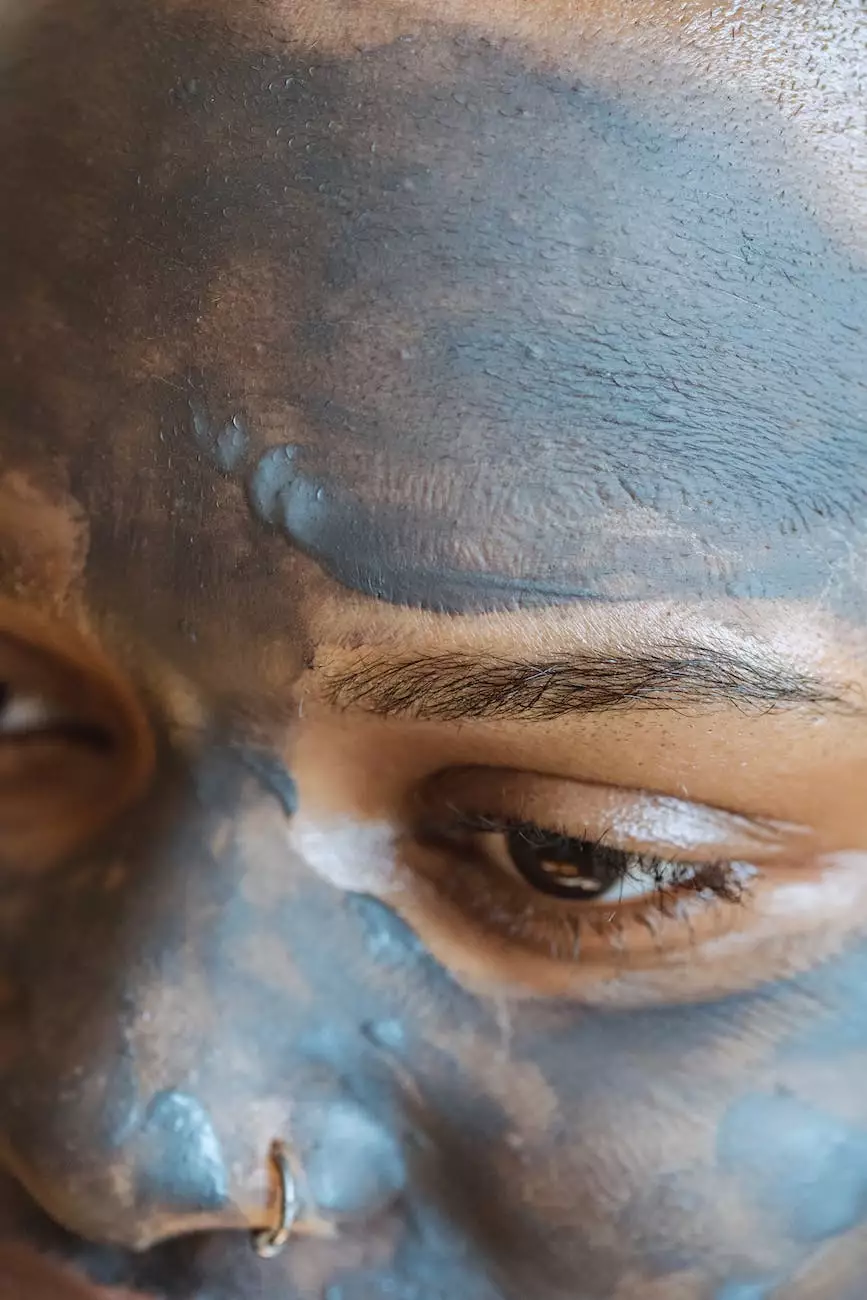Seborrhea (Dandruff)
Skin Care
What is Seborrhea?
Seborrhea, commonly known as dandruff, is a common skin condition that affects the scalp and other oily areas of the body. It is characterized by excessive flaking of the skin, itching, and irritation. Seborrhea can be an uncomfortable and embarrassing problem for many individuals.
Causes of Seborrhea
There are various factors that can contribute to the development of seborrhea. One of the primary causes is the overproduction of sebum, the natural oil produced by the sebaceous glands in the skin. This excessive oil production can lead to the accumulation of dead skin cells, resulting in dandruff.
Additionally, certain hormonal imbalances, stress, poor hygiene, and environmental factors can also contribute to seborrhea. Individuals with oily skin or a history of skin conditions such as eczema or psoriasis may be more prone to developing seborrhea.
Symptoms of Seborrhea
The most common symptom of seborrhea is the presence of white or yellowish flakes on the scalp or in the hair. These flakes can be accompanied by itching, redness, and irritation. Seborrhea may also affect other areas of the body such as the face, chest, and back.
In severe cases, seborrhea can cause skin lesions, inflammation, and hair loss. If you experience these symptoms, it is important to seek professional medical advice for a proper diagnosis and treatment plan.
Treatment Options
Effective management of seborrhea involves a combination of proper skincare practices and treatment options. Mild cases can often be controlled with over-the-counter medicated shampoos containing ingredients like zinc pyrithione, ketoconazole, or selenium sulfide. These shampoos help reduce oiliness, inflammation, and flaking.
In more severe cases, prescription-strength medications such as topical steroids or antifungal creams may be recommended by a healthcare professional. These medications work to reduce inflammation and combat the underlying causes of seborrhea.
It is important to follow the recommended treatment regimen and maintain good scalp hygiene to effectively manage seborrhea. Regularly washing your hair with a gentle shampoo and avoiding the use of harsh hair products can also help prevent flare-ups.
Prevention Strategies
While seborrhea cannot always be completely prevented, there are certain strategies that can help minimize its occurrence. Maintaining a healthy lifestyle, managing stress levels, and practicing good hygiene can contribute to overall skin health.
Avoiding excessive heat styling, such as using hot hair dryers or curling irons, can also help prevent seborrhea flare-ups. It is important to keep the scalp clean and free from excessive oil and buildup.
Additionally, incorporating a balanced diet rich in essential nutrients and omega-3 fatty acids can promote healthy skin and minimize the risk of developing seborrhea.
Conclusion
At Smith, Arthur F, MD, we understand the impact that seborrhea can have on your quality of life. Our comprehensive guide aims to provide you with detailed information on seborrhea, its causes, symptoms, and treatment options. By implementing effective prevention strategies and seeking appropriate treatment, you can effectively manage seborrhea and restore the health of your scalp and skin.










